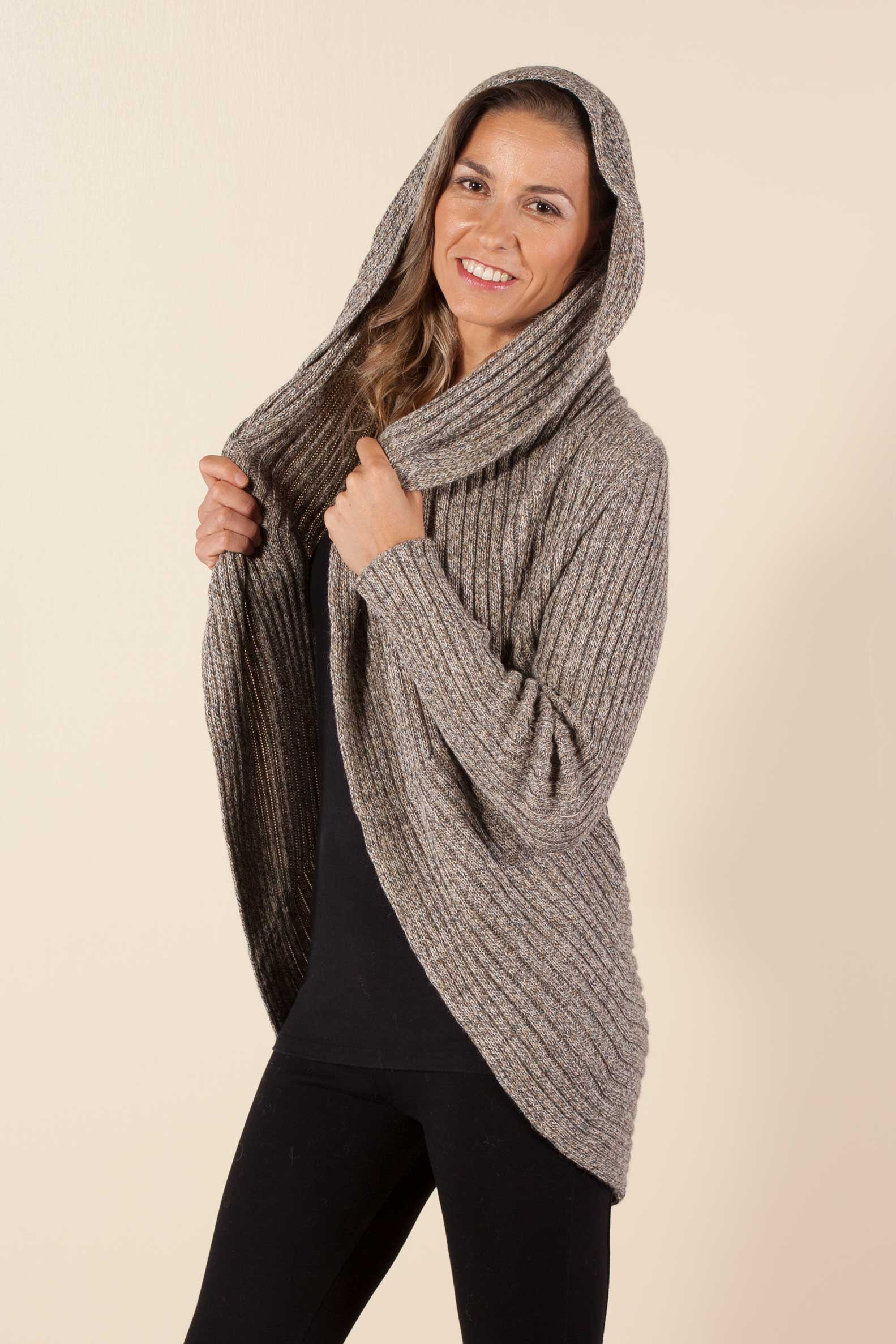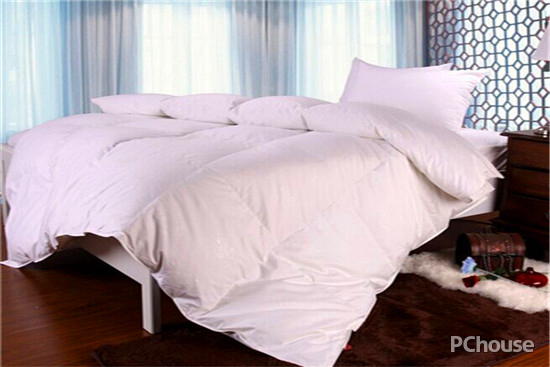Is Sheeps Wool Warm for a Sweater?
The question of whether sheep wool is warm enough for a sweater depends on several factors, including the quality of the wool, the thickness of the sweater, and the individual needs of the wearer. High-quality sheep wool can provide excellent warmth and comfort for a sweater, particularly if it is combined with other materials to create a thicker and more insulating garment. However, if the wool is low-quality or the sweater is too thin, it may not provide enough warmth to keep the wearer comfortable. Additionally, some people may find sheep wool to be itchy or uncomfortable to wear, particularly if they are allergic to wool or have sensitive skin. Therefore, when deciding whether to use sheep wool for a sweater, it is important to consider these factors and find a balance between warmth, comfort, and personal preferences.
Sheep's wool, the soft and luxurious material that comes from our furry friends, has been used for centuries in clothing and bedding to provide warmth and comfort. As the weather turns colder, many of us turn to woolen sweaters to help us stay cozy. But is sheep's wool really a good insulator, or does it have its limitations? Let's take a look at the science of woolen clothing and how it compares to other materials commonly used for insulation.

Firstly, we need to understand the structure of wool fibers. The fibers are incredibly dense, with a high number of tiny air pockets trapped between them. These air pockets are what provide wool with its insulating properties. When you wear a woolen sweater, these fibers trap body heat, preventing it from escaping through the fabric and into the colder environment.
However, it is important to note that the warmth provided by wool is not just due to its fibers. The way the wool is spun into yarn and then woven into a sweater also affects its insulating performance. Tighter weaves will provide more resistance to heat loss, while looser weaves will allow heat to escape more easily.
So, how does wool compare to other materials commonly used for insulation? One common comparison is cotton, which is also a natural fiber but has different insulating properties. Cotton is not as dense as wool, and its fibers are not as tightly packed together. This means that it does not provide as much resistance to heat loss as wool does.
Another material to consider is synthetic insulation, such as polyester or acrylic. These materials are often used in clothing and bedding because they provide good insulation at a lower cost than natural fibers. However, they do not have the same breathability as wool does, and they can become uncomfortable when they absorb moisture from sweat or rainwater.

So, which material is best for a sweater? The answer depends on your individual needs and preferences. If you live in a colder climate or are looking for a sweater that provides extra warmth on colder days, then sheep's wool is a great choice. It provides excellent insulation and can help you stay cozy all day long. However, if you are looking for a sweater that is lightweight and provides less bulkiness, then cotton or synthetic insulation may be a better option for you.
In conclusion, sheep's wool is indeed a good insulator for a sweater. Its dense fibers and tightly woven yarn provide excellent resistance to heat loss while maintaining breathability so that you can stay comfortable all day long no matter the weather conditions outside!
Articles related to the knowledge points of this article:
Title: The rise of the down coat: a fashion trend thats keeping us warm this winter
Title: The Etiquette of Tucking in Your Tie: A Guide to Proper Tie Presentation
Title: 18 Creative Ways to Tie a Square Scarf: A Guide to Fashionably Enhancing Your Style
Title: The Enigmatic Allure of Blindfolded Trick or Treating with Scarves



